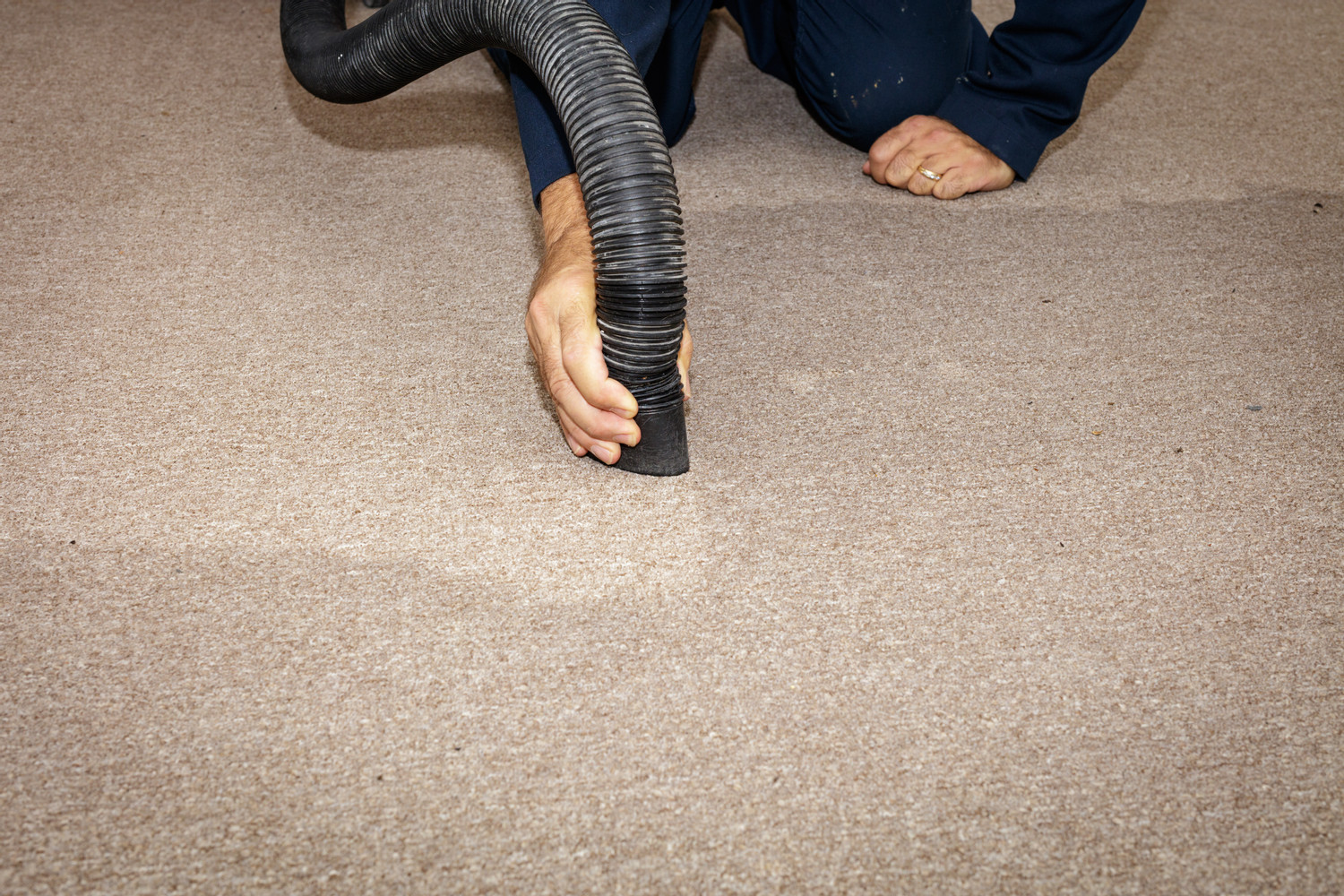There’s nothing worse than finding waterlogged carpet in your basement after a flood. It’s not just the inconvenience that’s bothersome—it’s also the risk of mold growth, damage to the carpet, and the complex cleanup process. This comprehensive guide walks you through how to dry out wet carpet in your basement, clean it, and even save your precious rug if you act fast. Learn about the types of water damage, water extraction techniques, and how to prevent mold growth.
Intro: The Urgency of Addressing a Flooded Basement
Imagine walking down to your basement and feeling that squishy carpet under your foot. A flooded basement and wet carpet can not only ruin your day but can also cause significant water damage. The moisture can lead to mold growth, create a musty smell, and compromise the integrity of your carpet and other items in the basement. Addressing the issue promptly is crucial to minimize the extent of the damage.
Why Did My Basement Carpet Get Flooded?
What Causes a Basement Flood?
Flooding in your basement can be caused by a variety of factors, including heavy rainfall, a burst pipe, or even water from a washing machine. Understanding the source of the flood helps in taking effective measures for cleanup and prevention.
How Does Water Damage Affect Carpet?
Water damage can severely harm the structure and appearance of your carpet. A flooded carpet can lead to mold and mildew growth, damage the carpet pad beneath, and can even cause structural issues with your basement floor.
Types of Water in a Flooded Basement
What Type of Water Damage Are You Dealing With?
Understanding the type of water in your flooded basement is crucial for effective cleanup. There are primarily three types:
- Clean Water: Usually comes from rain or leaking pipes. It’s clean water, so easier to manage.
- Gray Water: From appliances like washing machines. Requires more caution during cleanup.
- Black Water: Highly contaminated, often from sewage or river flood. Needs professional water damage restoration.
First Steps: Immediate Actions After Noticing Wet Carpet
How to Act Fast and Why It’s Crucial?
If you’re dealing with a flooded basement, act fast. Remove as much water as quickly as possible using a wet vacuum. A speedy response can minimize the damage to the carpet and prevent the growth of mold and mildew.
Cleaning and Drying Wet Carpet in a Basement
How to Get Your Basement Dry and Disinfected?
- Water Extraction: Use a wet vac to remove standing water from the carpet.
- Inspect the Basement: Check basement walls and windows for leaks.
- Dehumidifiers and Fans: Use dehumidifiers and fans to dry out the remaining moisture.
- Cleaning: Employ carpet cleaners suitable for water damage, and consider using baking soda to neutralize musty smells.
- Disinfection: Act to prevent mold and mildew growth by using appropriate cleaners.
Tips to Prevent Future Basement Flooding
How to Keep Your Basement Carpet Dry?
- Proper Insulation: Insulating basement windows and walls can help keep moisture or water out.
- Regular Inspections: Make it a habit to inspect the basement and nearby water sources to catch any potential issues before they become a flood.
- Upgrade Appliances: Make sure appliances like washing machines have safety features to prevent leaks.
When to Call Professionals
What Services Do Professional Water Damage Restoration Companies Offer?
If your basement flooding is severe, or you have black water contamination, it might be best to consult professional water damage restoration services. They can handle flood damage efficiently and ensure that your carpet is fully dry and disinfected.
Does water ruin a carpet?
While water doesn’t immediately ruin a carpet, prolonged exposure can cause significant damage. Water can lead to mold and mildew growth, which are hazardous to health and ruin the carpet’s texture and color. Additionally, if not promptly or properly dried, water can weaken the carpet’s backing, causing it to become loose or tear.
What to do when carpet gets wet in basement?
When a basement carpet gets wet, start by removing any standing water using a wet/dry vacuum or towels. Then, clean the area with a solution of warm water and dish soap. Rinse with clean water. Afterwards, dry the area thoroughly using fans, heaters, and dehumidifiers to prevent mold and mildew growth.
How long does it take for carpet to mold after a flood?
The length of time it takes for mold to develop in a carpet following a flood can greatly vary, but generally, mold can start to grow within 24 to 48 hours in the right conditions. Factors such as temperature and humidity can significantly affect the speed of mold growth. Therefore, it is crucial to dry flooded carpets immediately to prevent mold infestation.
Does baking soda remove water stains on carpet?
Baking soda can effectively remove water stains from carpet. It is a natural absorbing agent that can pull the moisture and stain out from the carpet fibers. To utilize it, sprinkle a generous amount of baking soda over the stain and let sit for multiple hours, then vacuum away to reveal a clean carpet.
Are there any safety precautions that need to be taken when dealing with flood water in a basement?
Yes, there are several safety precautions that must be taken when dealing with flood water in a basement. It is crucial to shut off any electricity and gas sources to prevent electrocution or explosions. Avoid direct contact with the water as it could be contaminated with harmful substances. Always wear protective clothing and sturdy boots. Following these steps can help mitigate any health and safety risks.
Conclusion: What to Remember
- Act Fast: The sooner you address a flooded carpet, the better your chances of salvaging it.
- Type of Water: Know the type of water you are dealing with. Clean water is easier to manage than black water.
- Cleanup: Use wet vacs, dehumidifiers, and cleaners to get your basement dry and disinfected.
- Prevention: Insulate and regularly inspect your basement to prevent future floods.
- Professional Help: In severe cases, don’t hesitate to call for professional water damage restoration.
By addressing the problem of a flooded basement and wet carpet in a timely and effective manner, you can often save the carpet and certainly save yourself a lot of trouble down the road.
When your basement faces the havoc of a flood, rely on our Basement Flood Clean-Up Service to make it dry, disinfected, and damage-free, fast!


